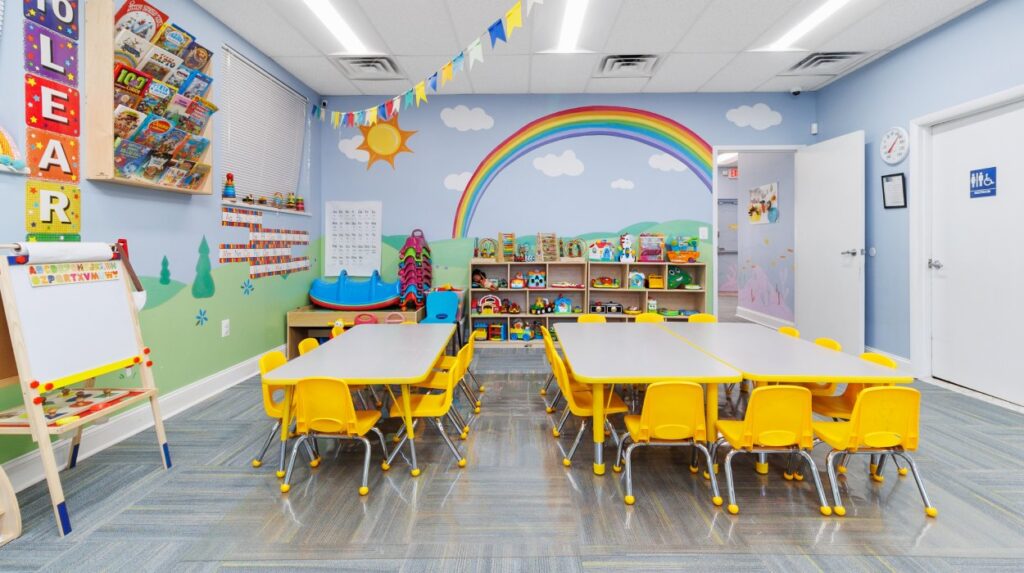Challenges are an inevitable part of life, and while as parents we naturally want to protect our children from difficulties and obstacles, it’s essential to recognize that challenges play a vital role in their development. In this blog, we’ll explore the importance of challenges in your child’s life and how they can lead to personal growth and resilience.
1. Building Resilience
Facing challenges helps children build resilience – the ability to bounce back from setbacks and adversity. Resilience is a crucial life skill that equips them to tackle future challenges with greater confidence. When they encounter obstacles and learn to overcome them, they become more adaptable and better equipped to handle life’s ups and downs.
2. Problem-Solving Skills
Challenges provide opportunities for problem-solving. Whether it’s a difficult math problem, a conflict with a friend, or a personal hurdle, children learn to assess the situation, consider options, and make informed decisions. These problem-solving skills are transferable to various aspects of their lives.
3. Growth Mindset
Challenges encourage the development of a growth mindset. Children who view challenges as opportunities for growth are more likely to embrace learning and persist through difficulties. They understand that effort and dedication can lead to improvement, which is a powerful mindset for achieving success in academics and beyond.
4. Self-Confidence
Successfully overcoming challenges boosts self-confidence. When children achieve something they initially found daunting, it reinforces their belief in their abilities. This newfound self-assurance spills over into various areas of their life, from academics to extracurricular activities.
5. Emotional Regulation
Challenges can be emotionally taxing, and learning to manage emotions during difficult times is a valuable skill. Children who face challenges learn to cope with frustration, disappointment, and stress, ultimately leading to better emotional regulation.
6. Adaptability
In today’s fast-paced world, adaptability is a critical skill. Challenges often require children to adapt and find new ways to approach problems. This adaptability will serve them well in a rapidly changing world, where the ability to learn and adjust is essential.
7. Empathy and Compassion
When children encounter challenges, they gain insight into the difficulties others face. This fosters empathy and compassion as they realize that everyone has their struggles. It encourages a more empathetic and understanding worldview.
8. Setting and Achieving Goals
Challenges are opportunities for goal-setting. When children face difficulties, they can set goals for overcoming them. Achieving these goals not only brings a sense of accomplishment but also reinforces the importance of setting and working toward objectives.
9. Independence and Responsibility
Facing challenges often requires children to take initiative and responsibility for their actions. It promotes independence as they learn to make choices and take ownership of the outcomes, fostering personal growth.
10. A Sense of Achievement
Finally, challenges provide a sense of achievement. Overcoming obstacles instills a sense of pride and accomplishment. This feeling of success is a powerful motivator for children to continue to strive for their best in all areas of their lives.
Challenges are not obstacles to be avoided but opportunities for growth, learning, and personal development. Embracing challenges is a vital part of raising resilient, confident, and adaptable children who are prepared to navigate the complexities of life. Encourage your child to face challenges with determination and support them along the way. By doing so, you’re helping them build a strong foundation for a successful and fulfilling future.




